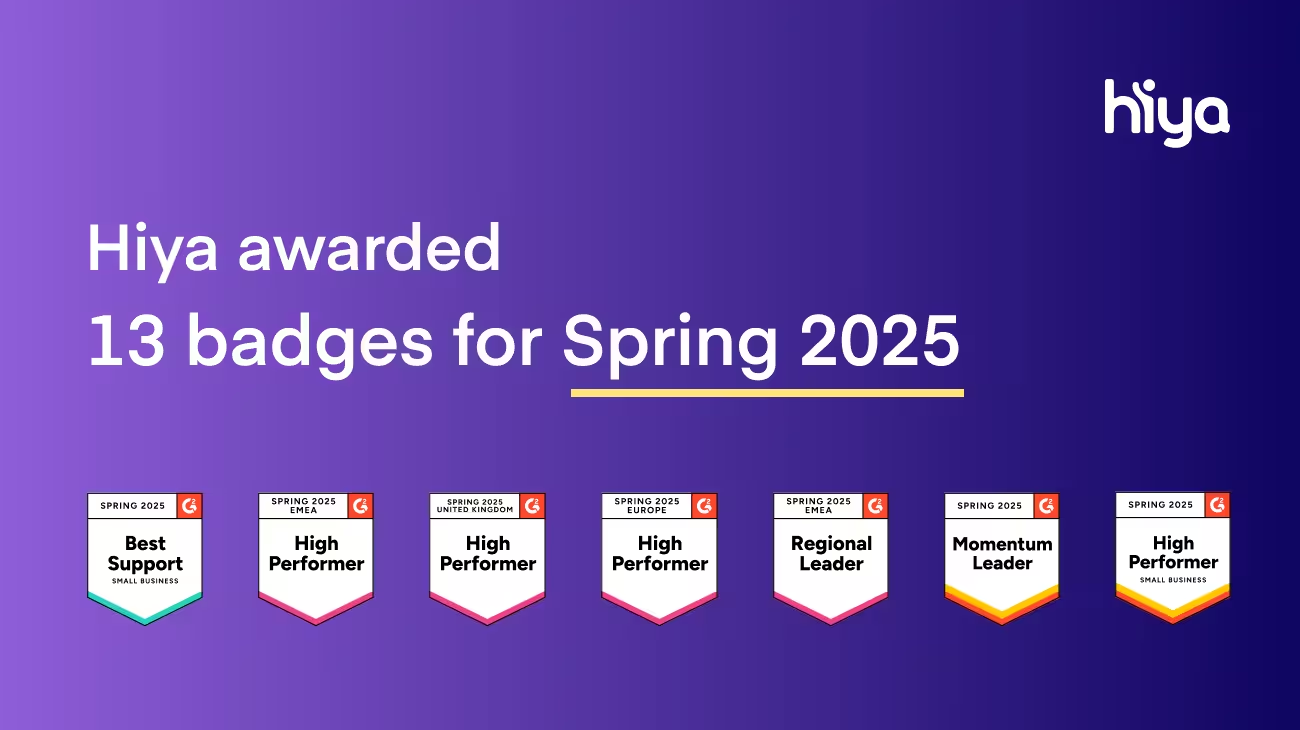
We’ve all been warned of the number of things scammers will do to make us fall victim to their latest schemes. As we learn, we adapt and can better avoid their tricks. Unfortunately, it’s not fool-proof and before we know it, we’ve been duped again with a new rendition of their scams.
Here are three new ways scammers are reeling you in to steal your hard-earned cash:
- Ring-and-Run
Playing off human curiosity, scammers will target a victim by using an auto-dialer, a machine that calls a large amount of phone numbers at one time. When they call, the autodialer will immediately hang up before the victim is able to pick up. They will do this multiple times. In doing this, they hope to tempt the victim to want to call back and find out who is calling them. - Caller In Need
A similar scam, but mixed with more drama. In this rendition, a scammer calls, waits for a victim to pick up, then plays the sound of someone crying or screaming before hanging up. They want the victim to call back in hopes they can help the so-called person in need. - SMiShing for Help
Lastly, scammers are now fooling their targets into believing that someone is in danger of being hurt or killed through text message. In the text, they demand the victim call them back immediately so they can assist the alleged abductee.
All in all, what these three new scams have in common is that they are hoping to entice their victims to call back. That’s where the scam truly begins. Once a victim calls back a scammer’s number, they are billed for huge charges by the minute. Unfortunately, most victims don’t realize they’ve been hit until they receive the unexpected charges on their next phone bill.
Joseph Steinberg, SecureMySocial CEO reported in Inc. Magazine that it’s best to avoid these types of scams by not calling back a number you are not familiar with. If a call is important and the caller would like you to call them back, they will either leave you a voicemail or call back and wait until they can finally get a hold of you.
Also, people in distress will most likely not call or text a number of someone they do not know. The average person will call the police first.
This type of scam call comes from international locations but there are still a few that come from the U.S. as well. Check out if you’ve been targeted by any of these area codes!








